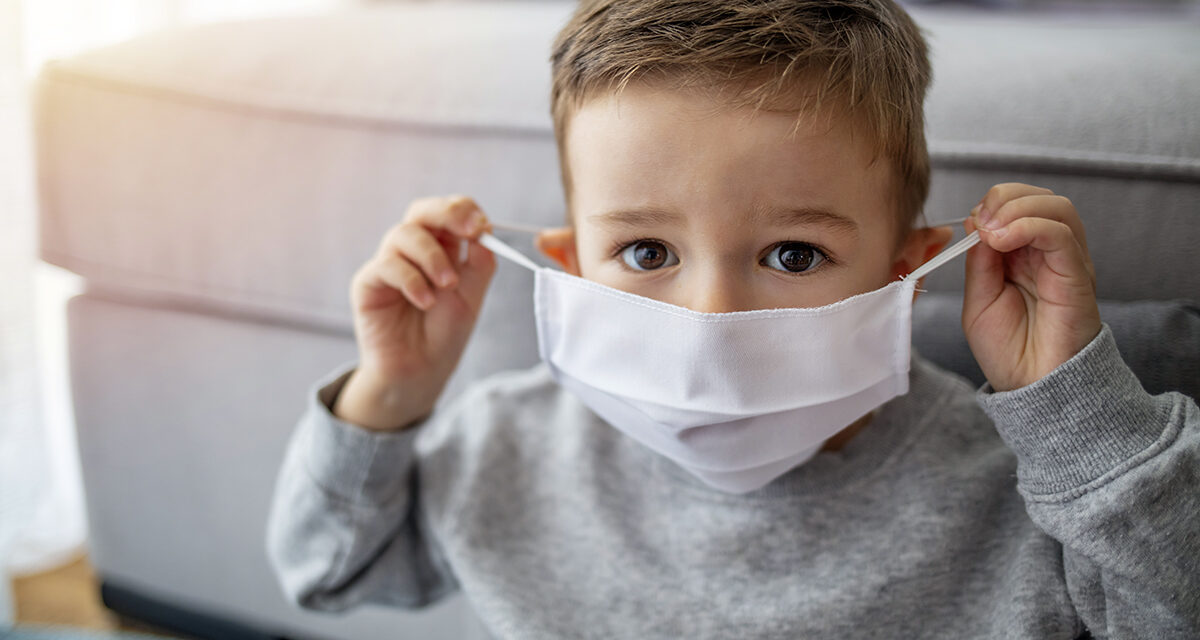It’s tempting to think that the youngest among us are oblivious to all of the angst and upheaval the novel coronavirus caused over the last few months. But odds are your children know a lot more than we think they do. Here, Christi Weston, MD, PhD, director of outpatient psychiatry for Capital Health, shares the three best things you can do to help your littles right now.
- Tell the truth—but make them feel safe. Kids appreciate honesty the same way adults do. However, when you’re doling out harsh realities, it’s important to meet children where they are in a way that’s appropriate for them developmentally, says Dr. Weston. “Ask your kids how they’re feeling and address their feels while being reassuring,” she says. “You don’t want to lie to them, but you do need to give them information that’s factual in a way they can digest—and in a way that lets them know you’re there for them.”
- Clue into changes in behavior. As kids process all of the disruptions to their lives right now—no summer camp, fewer playdates with friends, more time at home—new behaviors may pop up. While being angry or acting out may be obvious indications of stress, other behaviors—for example, being scared of things your toddler wasn’t afraid of before or regressing on potty training—may also be signs that your child is deeply impacted by what’s happened in the world. “If you start to notice any of this, remember that these are typical behaviors in response to the hardship we’re all facing right now—including our children,” says Dr. Weston. “The best thing you can do is maintain some structure in your child’s day—it doesn’t have to be perfect!—and give kids space to talk about what they’re hearing, what they know about the coronavirus, and how it’s making them feel.”
- Help little ones connect with their friends. While older kids have been able to stay in touch with their pals via social media and texting during stay-at-home orders, it’s important to remember that young ones who don’t have access to a phone still miss their friends, says Dr. Weston. So, try to schedule some virtual playdates for your little ones. And as playgrounds open and it starts to feel safer for your kids to interact with others outside, prioritize that time in your kids’ schedule.






